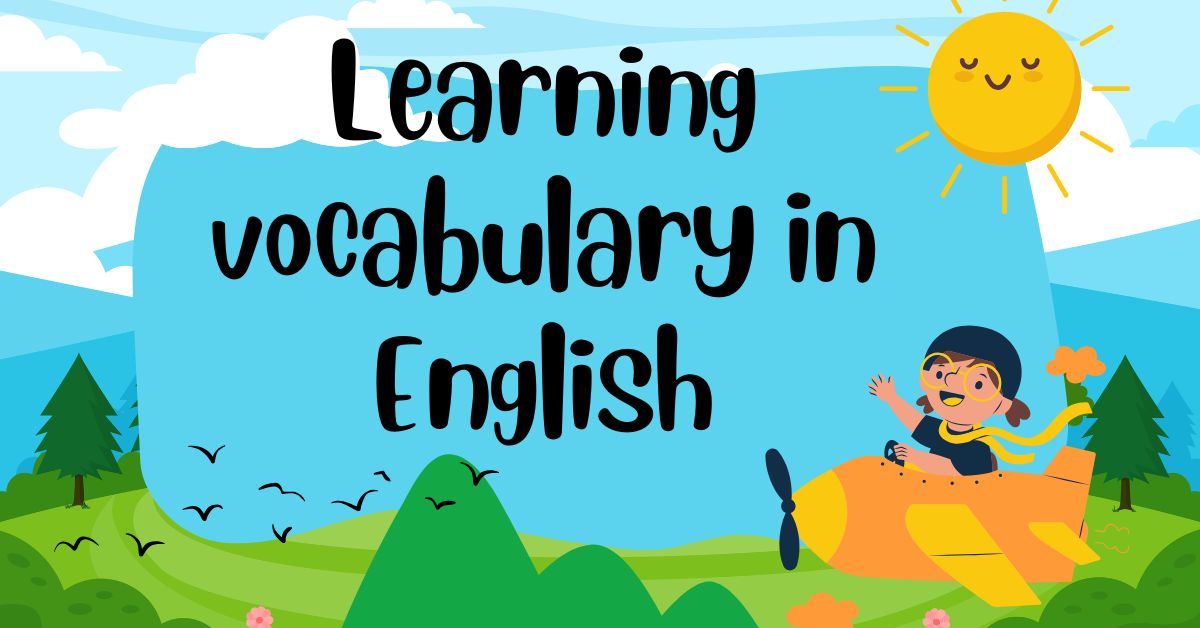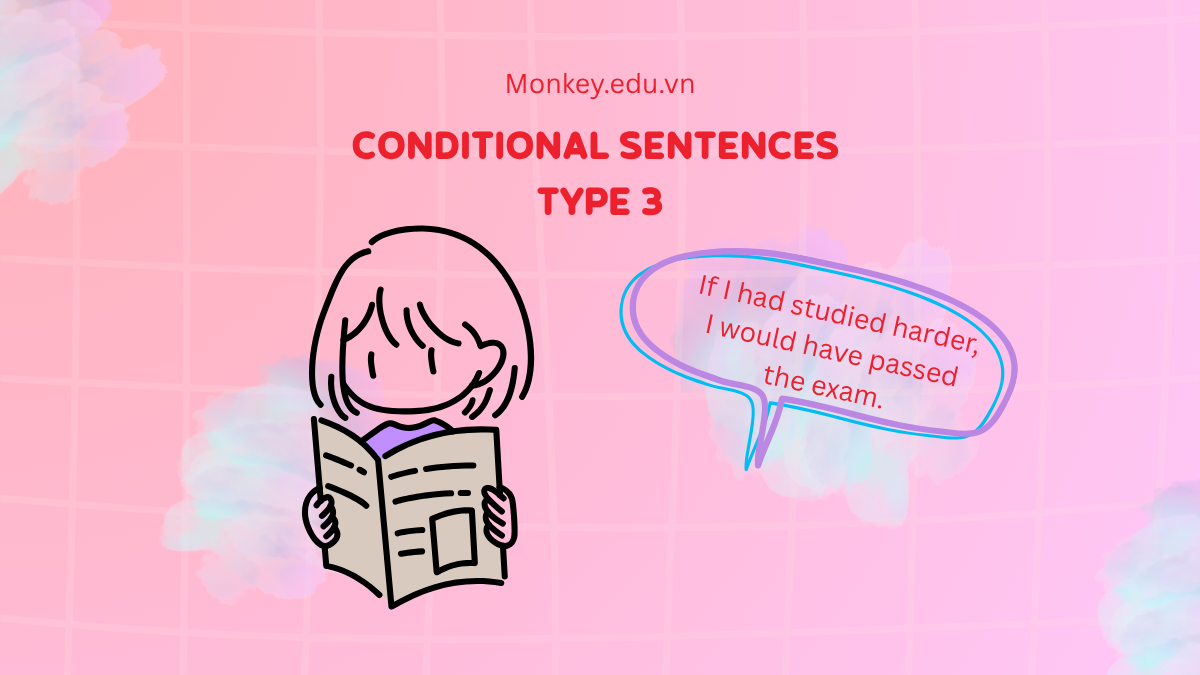Helping children learn English vocabulary at home is always a top concern for many parents. Choosing the right method not only helps kids remember words faster but also sparks their interest in learning, laying a strong foundation for their future English skills. So how can we support kids in learning English vocabulary effectively at home? Let’s explore the answer with Monkey in the article below.
At What Age Should Children Start Learning English Vocabulary?
Language experts recommend that parents start introducing English vocabulary to their children around the age of 3 to 4. This is a critical period when a child’s brain is developing rapidly, especially in terms of language ability. During this stage, children can absorb and remember new words naturally, much like how they learn their mother tongue. They pick up language through listening, imitation, and repetition, making vocabulary learning feel effortless and pressure-free.
By the age of 5 to 6, children develop better focus and a clearer understanding of language. This makes it an ideal time to learn vocabulary through pictures, games, or short stories. However, no matter the age, the most important thing is to create a joyful and natural learning environment, so that learning English becomes an exciting experience, not a burden.

Effective Methods for Kids to Learn English Vocabulary at Home
Depending on each parent’s experience, there are various ways to teach kids English vocabulary at home. Here are some methods you might consider:
Learning English vocabulary through the Monkey Junior super‑app
For busy parents or those not confident in their own English, helping kids learn vocabulary at home can be a big challenge. Not every family has the time or expertise to design a structured, diverse, age‑appropriate learning path. In such cases, choosing a smart solution like Monkey Junior lets parents support early English development without stress.
Monkey Junior is a powerful English‑learning app for children aged 0–11, built on a clear, scientific progression with levels suited to different developmental stages. Children can start engaging with English early through lively, easy-to-understand lessons. The app doesn’t only teach isolated vocabulary, it integrates pronunciation, listening, reading, writing, and storytelling. Using AI pronunciation checking (M‑Speak), kids get immediate feedback to adjust their speech, developing accurate phonetic habits from a young age, even if parents don’t know English well.

Moreover, Monkey Junior offers multi‑sensory lessons: illustrative images, lively sounds, short videos, and interactive games that enhance memory and keep children motivated. Reward systems like golden stars, stickers, and virtual pet‑care encourage daily self‑driven learning without reminders. Detailed progress tracking lets parents monitor and adjust routines easily.
For families lacking time or unsure how to start, Monkey Junior is a reliable choice for comprehensive, structured English vocabulary learning at home. Parents can register for a free trial so children can experience the program before committing, making early English learning a worry-free journey.
Learning English vocabulary through pictures
To study vocabulary via visuals, parents can introduce illustrated flashcards, bilingual comics, or engaging vocabulary apps and videos. Associating images with words helps kids remember meaning and pronunciation more easily. You can also use guessing games, match‑the‑word‑to‑image activities, or ask children to draw new vocabulary to boost engagement and retention.
Learning English vocabulary through games
Vocabulary games are a great way to turn learning into fun. Parents can play “guess the image,” memory‑card flipping, vocabulary bingo, or scavenger hunts themed around English words around the house. Through play, kids learn without pressure, retain more, and develop natural English reflexes. It’s also a wonderful opportunity for parents to bond and support their child’s language‑learning journey.

Teaching vocabulary through familiar home activities
Embedding vocabulary in daily activities is both natural and effective for expanding word knowledge. Parents can use cooking, cleaning, gardening, or toy play to introduce themed English words. For example, when preparing a meal, point out vegetables, spoons, and forks, naming them in English. This way, children not only learn new words, but also understand usage in context, facilitating long-term memory and natural language reflexes.
Helping kids learn vocabulary through flashcards
Flashcards are compact cards with an image on one side and the English word on the other. With this method, children see an image, guess and read the word, then flip to check meaning and spelling. Learning via flashcards supports quick recall through combined visuals, colors, and letters and trains visual memory. This flexible method allows parents to teach on the go, turning English learning into a fun, everyday activity.

Important Tips for Teaching English Vocabulary to Kids at Home
To make teaching English vocabulary at home more effective, parents should keep the following points in mind:
-
Don’t force learning: Let your child learn in a relaxed and self-motivated way. If they seem tired or bored, take a break and switch to another activity.
-
Learn a little but regularly: Just 10–15 minutes per day is enough. Avoid cramming too much at once, which can overwhelm your child.
-
Use various methods: Combine visuals, songs, games, and storytelling to keep things interesting and help your child approach words from different angles.
-
Repeat often: Vocabulary should be repeated in different contexts to help kids remember and use it naturally.
-
Praise and encourage: Give compliments when your child remembers a new word or pronounces it correctly. This builds confidence and motivation.
-
Be a role model: Read, sing, or play English games with your child so they can imitate you and feel that English is fun and familiar.

Conclusion
As shared above, the most effective way for children to learn English vocabulary is through natural, enjoyable, and consistent daily practice. Parents simply need to be patient, accompany their child, and combine various engaging methods. With time, children will gradually develop a love for English and confidently use their growing vocabulary.




.png)





